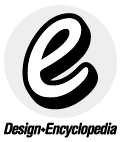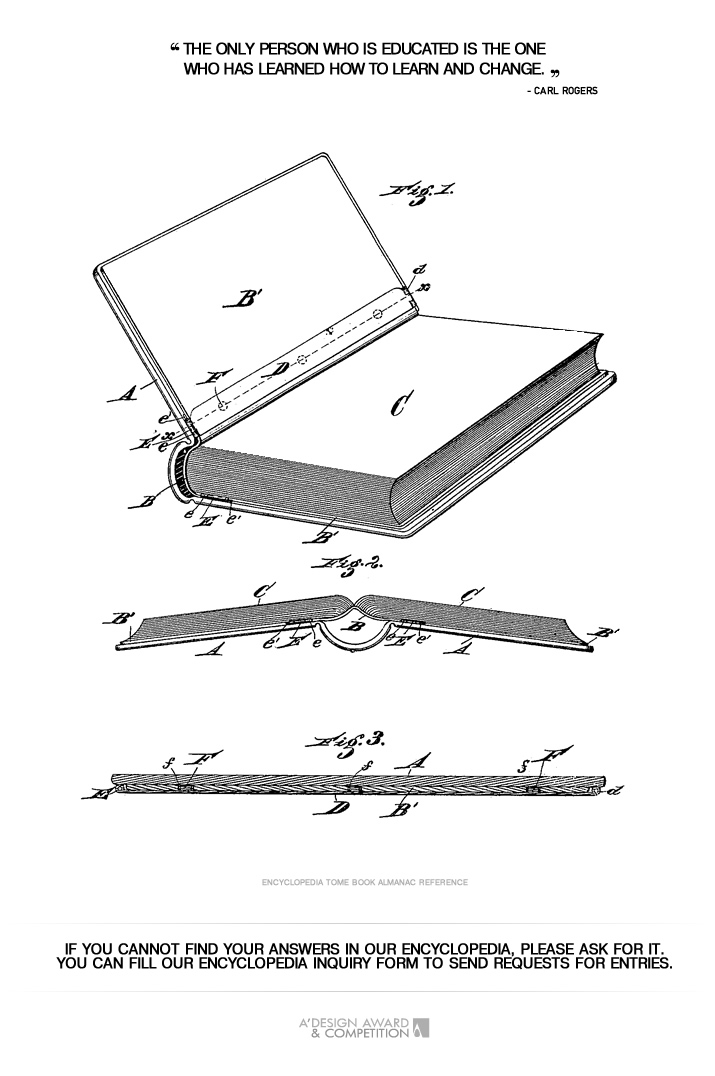
| THE AWARD |
| CATEGORIES |
| REGISTRATION |
| SUBMIT YOUR WORK |
| ENTRY INSTRUCTIONS |
| TERMS & CONDITIONS |
| PUBLICATIONS |
| DATES & FEES |
| METHODOLOGY |
| CONTACT |
| WINNERS |
| PRESS ROOM |
| GET INVOLVED |
| DESIGN PRIZE |
| DESIGN STORE |
| THE AWARD | JURY | CATEGORIES | REGISTRATION | PRESS | WINNERS | PUBLICATIONS | ENTRY INSTRUCTIONS |
Add On - Entry #479847 |
Home > Design Encyclopedia > 479847 |
 Add On
Add On
Add On is a design concept and methodology that refers to the practice of extending or augmenting existing design elements, structures, or systems through supplementary components or features that enhance functionality, aesthetics, or both. This architectural and industrial design approach emphasizes modularity and flexibility, allowing for the strategic incorporation of additional elements to an original design without compromising its core integrity. The concept emerged prominently during the post-modernist era when designers began exploring ways to adapt and evolve existing structures to meet changing needs without complete reconstruction. In product design, add-ons serve as complementary elements that expand the capabilities of base products, often responding to user feedback or technological advancements. The philosophy behind add-on design emphasizes sustainability and resource efficiency by extending the lifecycle of existing designs through strategic augmentation rather than replacement. This approach has gained significant recognition in contemporary design practices, particularly in modular furniture systems, architectural extensions, and digital interface design. The methodology has been celebrated in various design competitions, including the A' Design Award, where innovative add-on solutions have been recognized for their contribution to sustainable design practices. The concept's implementation requires careful consideration of integration points, structural compatibility, and aesthetic harmony between the original design and its supplements. In the digital age, add-on design has evolved to encompass software interfaces and virtual environments, where modular expansions can significantly enhance user experience without disrupting core functionality.
Author: Lucas Reed
Keywords: modular design, extensibility, customization, augmentation, adaptability, sustainability
 About the Design+Encyclopedia
About the Design+EncyclopediaThe Design+Encyclopedia is a crowd-sourced reference of information on design. Unlike other crowd-sourced publications on design, the Design Encyclopedia is edited and actively monitored and publishing is only possible after review of submitted texts. Furthermore, editors of the Design Encyclopedia are mostly consisting of award winning designers who have proven their expertise in their design respective fields. Information posted at design encyclopedia is copyrighted, you are not granted a right to use the text for any commercial reasons, attribution is required. If you wish to contribute to the design encyclopedia, please first register or login to A' Design Award and then start a new design encyclopedia entry.

If you did not find your answer, please feel free to check the design encyclopedia for more entries. Alternatively, you can register and type your own definition. Learn more about A' Design Award's Design+Encyclopedia.

